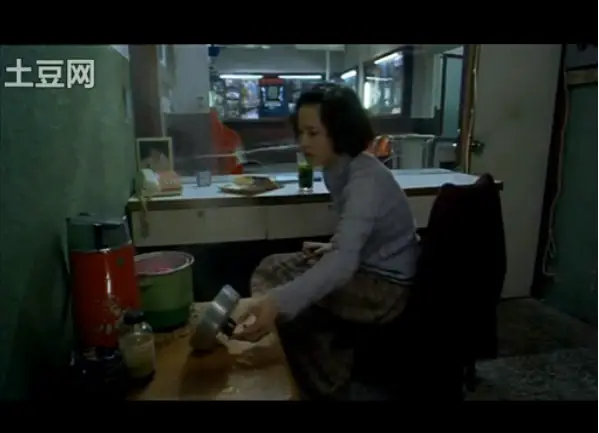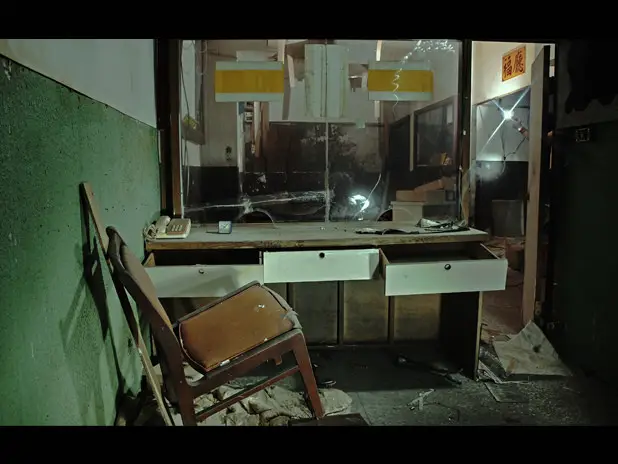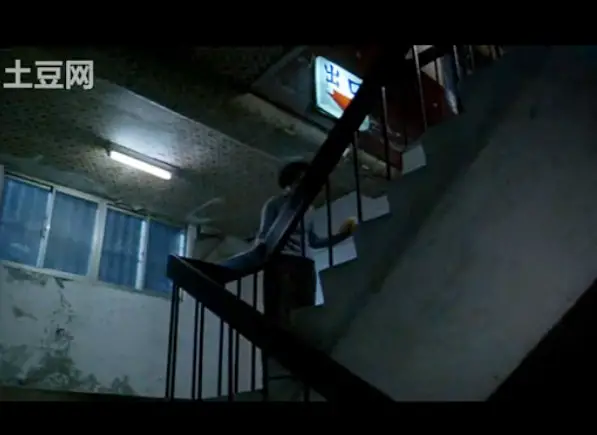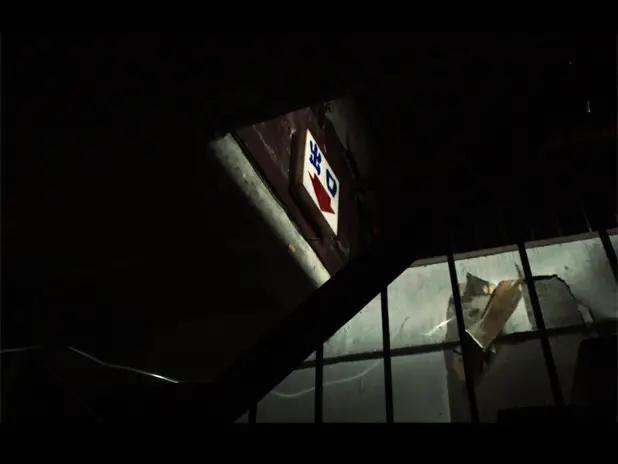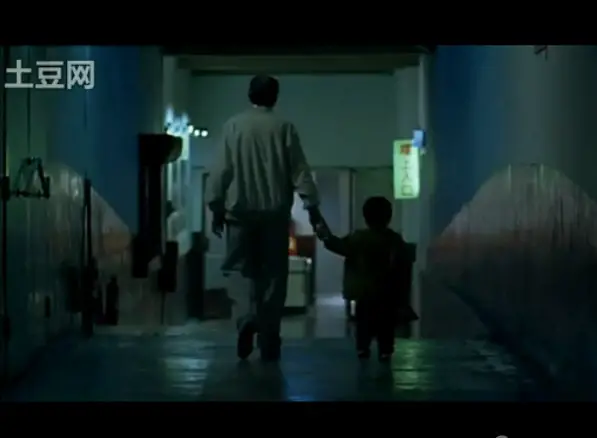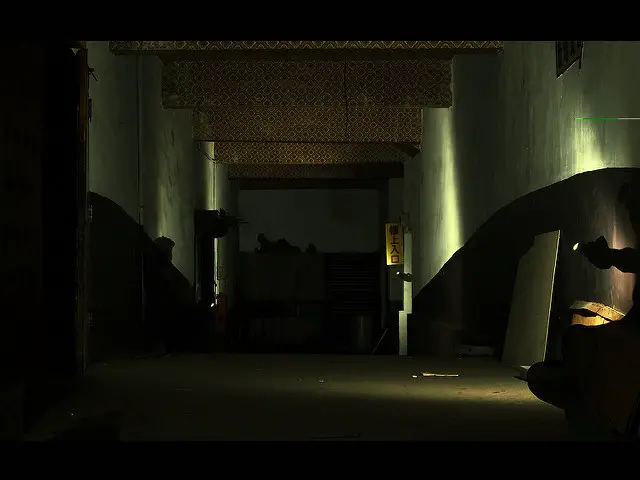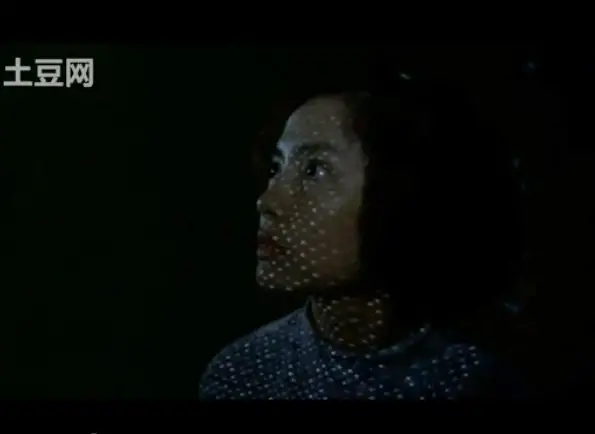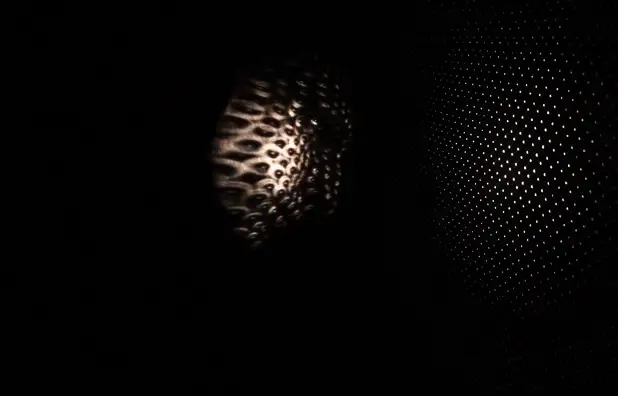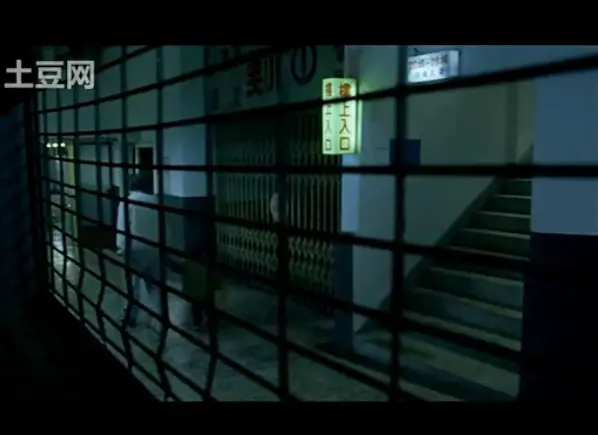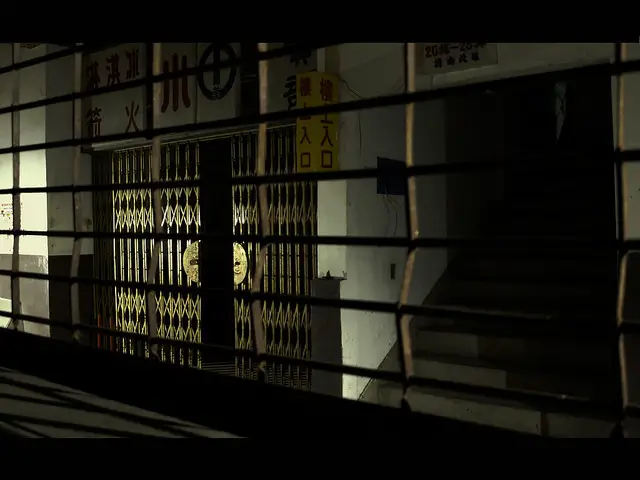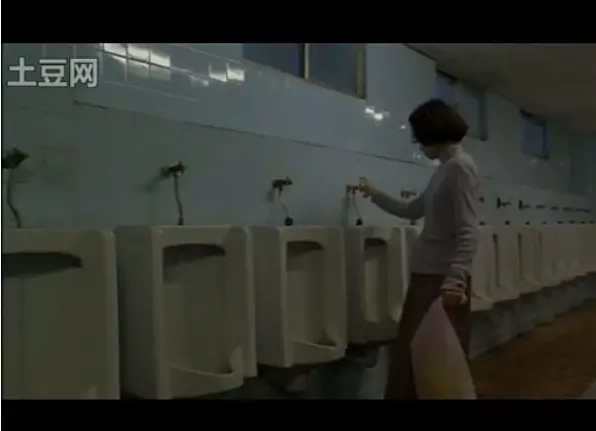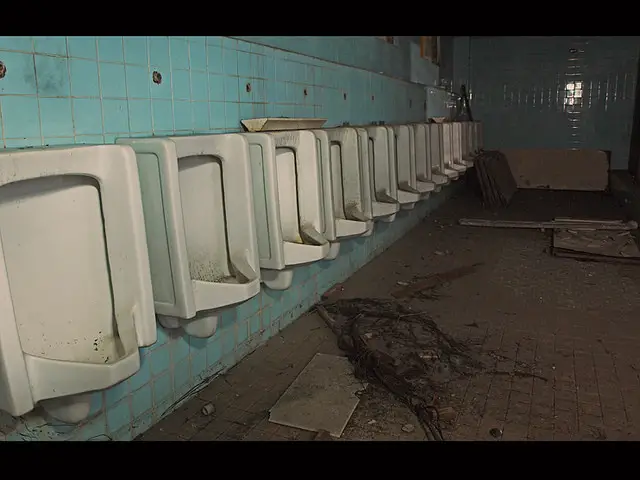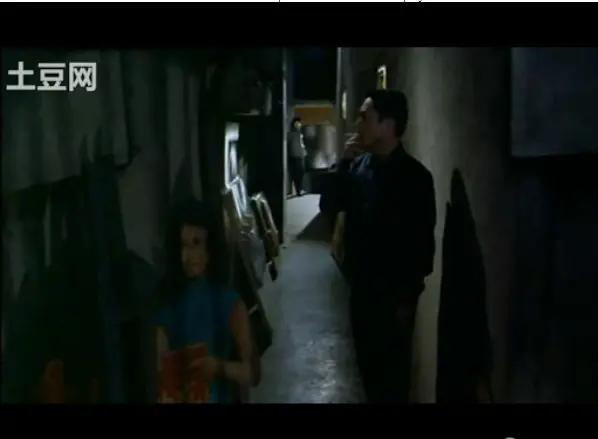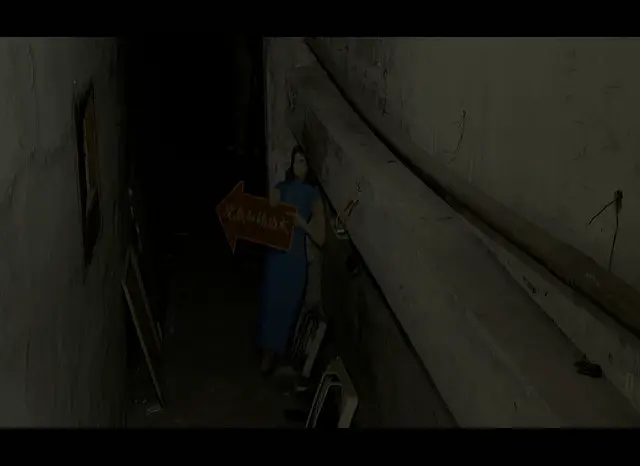Now, this particular theater is special in the fact that it is the set of the movie by famous director, Tsai Ming Liang, called Goodbye, Dragon Inn. The movie was filmed almost exclusively inside the movie theater, and after watching the movie, I decided that I wanted to go and explore the theater by myself.
Background:
The theater opened in 1972, and was part of a complex which contained a traditional market on the ground floor, another market with room for stalls and shops on the first floor, and on the upper two floors, apartment blocks. At the time of opening, the complex was seen as a modern success. However, over the next 30 years, the complex gradually fell into disrepair. The market closed down and the movie theater finally closed it's doors in 2002, having served a full 30 years.
When the movie theater opened, it boasted 1000 seats and was therefore the biggest movie theater in Taipei County, Taiwan, and was one of three in close proximity to each other (the other two theaters have also closed down)
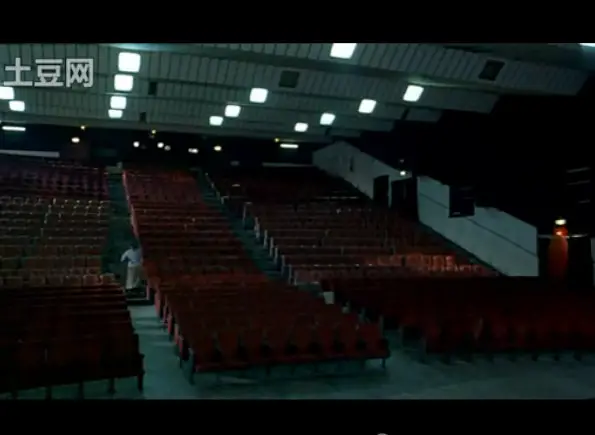
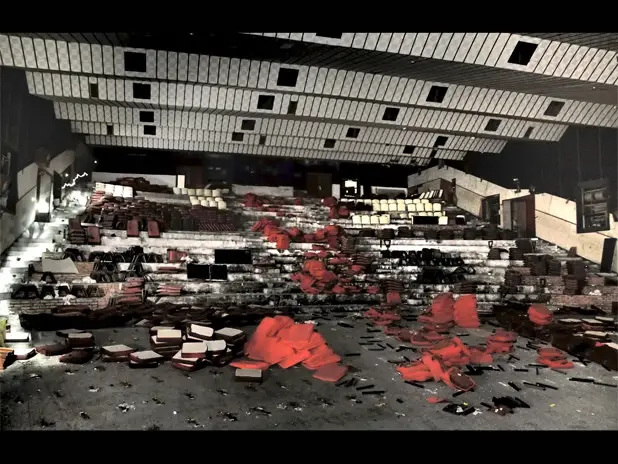
Goodbye, Dragon Inn
Goodbye, Dragon Inn is a movie directed by Taiwanese director Tsai Ming Liang. Filmed almost entirely inside Fuhe movie theater, the movie portrays the theater on its final night, and the final movie being played on it's screen, to an almost empty theater, is the 1967 movie Dragon Gate Inn.
Two of the movie goers, a pair of old men, are actors from the first movie, Chun Shih and Miao Tien, and they play themselves. Other actors play roles as random theater goers who take less interest in the movie than they do with each other, and consequently several sub-plots develop around the characters.
Within the movie, a ticket woman who wears a splint on her leg, tries in vain, but with a great deal of effort, to locate the projectionist. This aspect is perhaps representative of the struggles faced by directors of 'Second New Wave' movies to connect with an audience and be understood. Several aspects such as homosexuality, ghosts, and the demise of a certain genres of film are discussed, almost entirely without dialog and almost entirely without camera movement.
But the lingering shots - some of them several minutes long, allow the viewer to take in the last night of this closing theater; They give the viewer time to reflect on the thousands of souls who came to enjoy movies here. They give the viewer time to savor the final moments of the final movie ever to be shown at this movie theater before it closes - the last time the projector is turned off, the last time the lights are turned down, the last time the shutters are pulled down. They give the viewer time to imagine all the first dates, excited children and family outings that the local residents took part in - the very fact that not too long ago, this movie theater was a central part to the life and culture of the local residents.
This movie gives a sense of isolation and loneliness in what is Taiwan's most densely populated district: Yonghe.
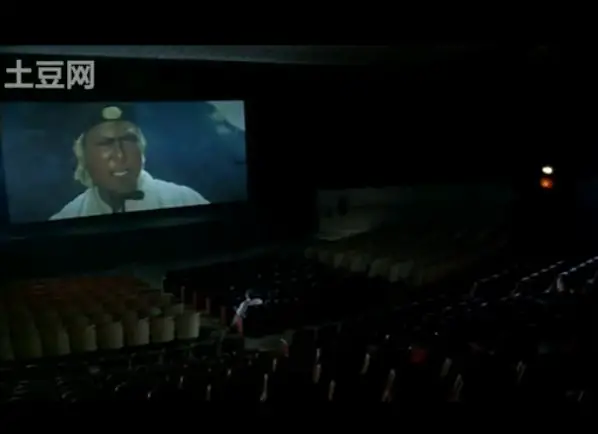
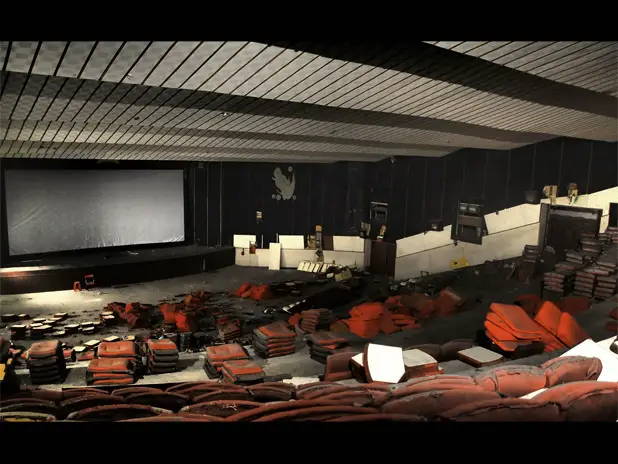
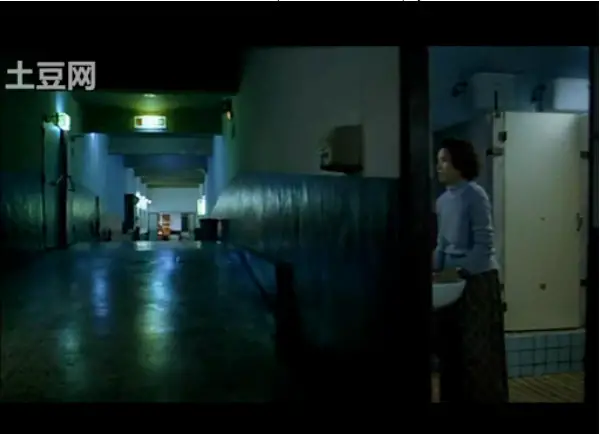
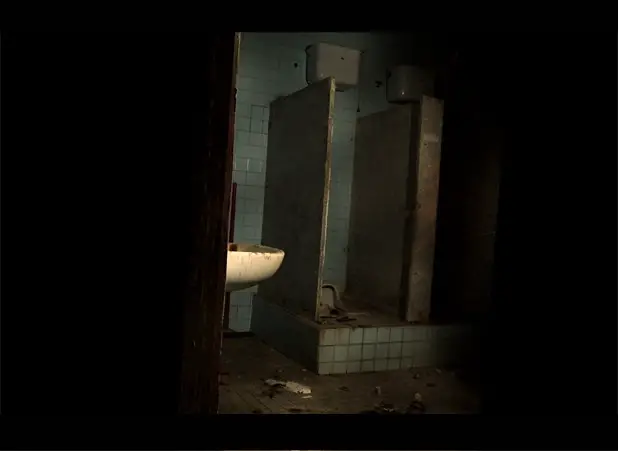
Explore
The complex now is very run down, and destitute residents live in squalor in what used to be market stalls and shops. One family was camped out at the base of an escalator amongst bottles for recycling and the smell of mosquito coils. Other families and residents had made their beds on the top of vegetable stalls or in between them, their hung laundry drying in a stale air that smelled of rotting trash and body odor. There is little lighting, but the place does have electricity and some of the residents have air conditioning and televisions which can be heard, along with the voices of mothers and children from behind closed, rusted metal shutters.
In the center of the first-floor complex is a temple, built into the market. It's not like a temple you would expect to see in Taiwan, as it is located entirely indoors. However, the smell of incense and the half-glow from the hanging orange lanterns gives a sense of surrealism to the already strange, rather haunting environment.
I gained access to the theater through an open door on the roof - all other entrances are firmly sealed and it took me two visits to finally find a way in. The entrance leads directly into the main theater auditorium and I therefore found myself looking down at the screen and all of what once used to be the seating for thousands of movie goers over the years.
For the 10 plus years that this historic theater has been abandoned, dereliction has set in rather well. It has been left almost totally intact, except for the seats in the auditoriums which have been taken up, but then left in piles for reasons unexplained. Walking around the theater, I was able to easily identify the locations of where the movie was shot, and I attempted to take pictures in this incredibly dark building and offer a unique before and after explore of this building.
I have offered screen shots from the movie Goodbye, Dragon Inn for comparison purposes.
The final movie to be played in this movie theater was Goodbye, Dragon Inn. A fitting tribute to this historic place.
